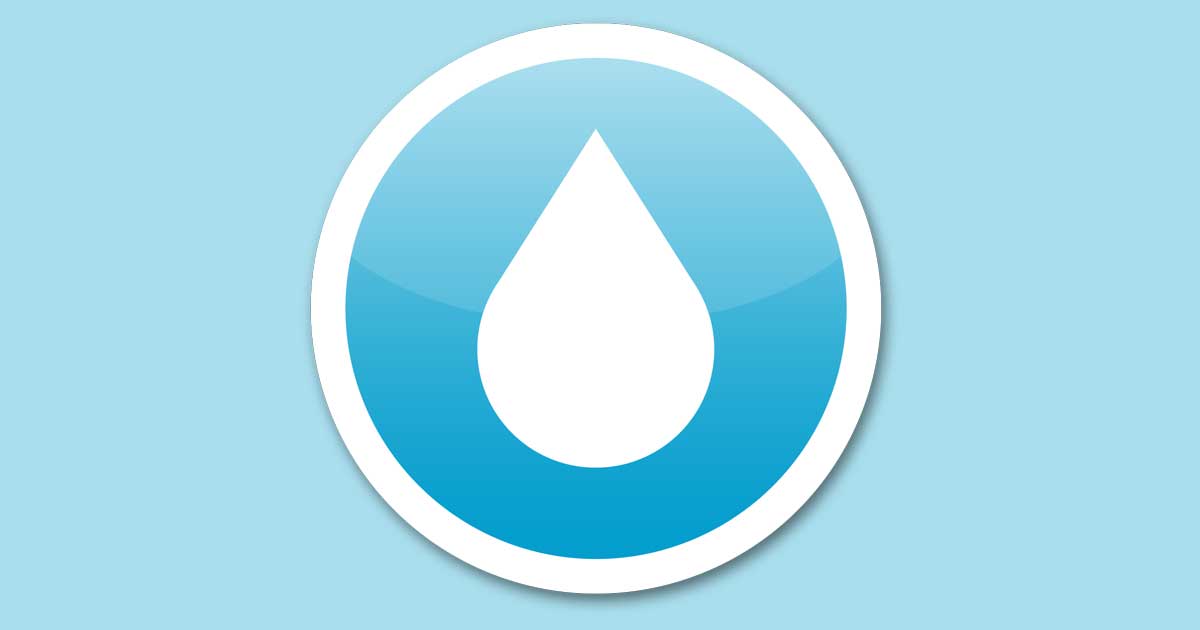Groundwater Conservation Matters.
May 19, 2021
Groundwater Conservation Matters. There is something every person can do to conserve water. Americans are some of the largest users of water, per capita, in the world. In the United States, Americans use 79.6 billion gallons of ground water every day—the equivalent of 2,923 12-oz. cans for every man, woman, and child in the nation.
Most surface water bodies such as lakes, rivers, and streams are connected to ground water. So, whether your water supply comes from ground water or surface water, conservation matters.
Water Conservation Basics
Almost three-quarters of the water used inside the home occur in the bathroom, with 41 percent used for toilet flushing and 33 percent for bathing. The remainder of indoor water use is divided between clothes washing and kitchen use, including dish washing, according to the U.S. EPA.
Outdoor water use varies greatly across the country. For instance, in California, 44 percent of all household water use is outdoors, while in Pennsylvania only 7 percent is used outdoors.
Understanding where you use water most can provide hints on where most water can be
Water Conservation Tips
Indoor General
- Never pour water down the drain when there may be another use for it such as watering your indoor plants or garden.
- Repair dripping faucets and toilets. One drop per second wastes 2,700 gallons of water a year.
- Retrofit all household faucets by installing aerators with flow restrictors.
- Choose appliances that are water and energy-efficient.
- Don’t run a faucet when you’re not using the water, such as while brushing your teeth.
Kitchen
- Only run the dishwasher when it is fully loaded, and use the “light wash” feature, if available, to use less water.
- Store drinking water in the refrigerator instead of running the tap until the water is cool.
- Avoid wasting water waiting for it to get hot. Capture it for other uses such as plant watering.
Laundry
- Operate clothes washers only when they are fully loaded, or set the water level to match the size of your load.
Outdoors
- Check your well pump periodically. If the automatic pump turns on and off while water is not being used, you could have a leak.
- Plant native and/or drought-tolerant grasses, ground cover, shrubs, and trees. Once established, they do not need water as frequently and usually will survive a dry period.
- Install irrigation devices that are the most water efficient for each use. Micro and drip irrigation and soaker hoses are examples of efficient devices.
- Use mulch to retain moisture in the soil.
- Avoid buying recreational water toys that require a constant stream of water.
Car Washing
- Use a shutoff nozzle on the hose that can be adjusted down to a fine spray.
Lawn Care
- Avoid over watering your lawn. A heavy rain eliminates the need for watering for up to two weeks. Most of the year, lawns only need one inch of water per week.
- Water in several short sessions rather than one long one, in order for your lawn to better absorb moisture.
- Position sprinklers so that water lands on the lawn and shrubs and not on paved areas.
- Avoid sprinklers that spray a fine mist. Mist can evaporate before it reaches the lawn.
- Raise the mower blade to a higher level. A higher cut encourages grass roots to grow deeper, shades the root system and holds soil moisture.
Pool
- Install a new water-saving pool filter. A single back flushing with a traditional filter uses 190 to 250 gallons of water.
- Cover pools and spas to reduce evaporation of water.
- This information is provided by the Federal Emergency Management Agency.
- To learn more about the U.S. EPA’s water conservation awareness program, WaterSense, or visit Free Drinking Water.com.
